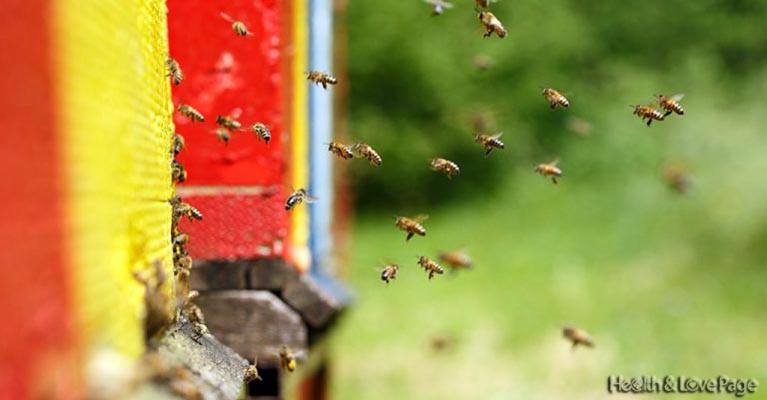Last year, the populations of honey bee in Maryland have dropped by more than 60%. This information was confirmed by the USDA. Even though is a trend in other states, the fact is that the number of honey bees is dropping two times faster in Maryland compared to the national average.
This is the reason why Maryland beekeepers were glad to hear that the state has decided to impose ban on neonicotinoids. The use of these pesticides has been associated with so=called Colony Collapse Disorder.
Mainstream media have reported that this April, the state’s house and senate have passed the popular Maryland Pollinator Protection Act.
With the help of this act, the use of the popular pesticide will be forbidden and bee populations won’t face the negative consequences of its use. It is also good to point out that Maryland is the first state that has introduced such ban.
The truth is that experts have not yet been able to identify the main cause for the mass fatalities of honey bees. However, the vast majority of experts say that they believe that pesticides play a major role.
One of the main reasons why neonicotinoids have not been banned in all states yet is the fact that the USDA didn’t manage to present clear evidence that these pesticides are responsible for honey bee fatalities.
In addition, these popular pesticides bring more than 15 billion dollars to companies involved in this industry.
It Is good to point out that the EPA is studying the connection between a few different types of insecticides and deaths in bees. The final results will be available to the public in about two years. This is exactly when the aforementioned ban in Maryland will become effective.
When it comes to the legislation, an activist at Friends of the Earth (Tiffany Finck-Haynes) said that the losses of bee populations I Maryland are shocking. Additionally, she highlighted the fact that every sustainable colony loses up to 15% of its population which is less than the national average.
In the last few years, experts have identified a few connections between pesticides (neonicotinoids) and bad pollinator health. One of these scientific studies has discovered that direct exposure to this pesticide affects their brains. As a result of that, they cannot memorize the food’s scent.
Another study has confirmed that exposure to this pesticide can significantly weaken the immune system of honey bees which makes them prone to viruses. Truth be told, honey bees are also affected by reduced sources of food and the so-called Varroa Mite.
According to Anne Healy from the D-Prince George’s County, this new law will revolutionize the way in which we view bees and pesticides and she expects that the rest of the states will follow this example.
She also said that the authorities are well-aware of the fact that honey bees are in danger nationwide. By losing these bees we risk to lose more than 30% of our food supply. So, investing in bee protection is a logical and necessary move.

